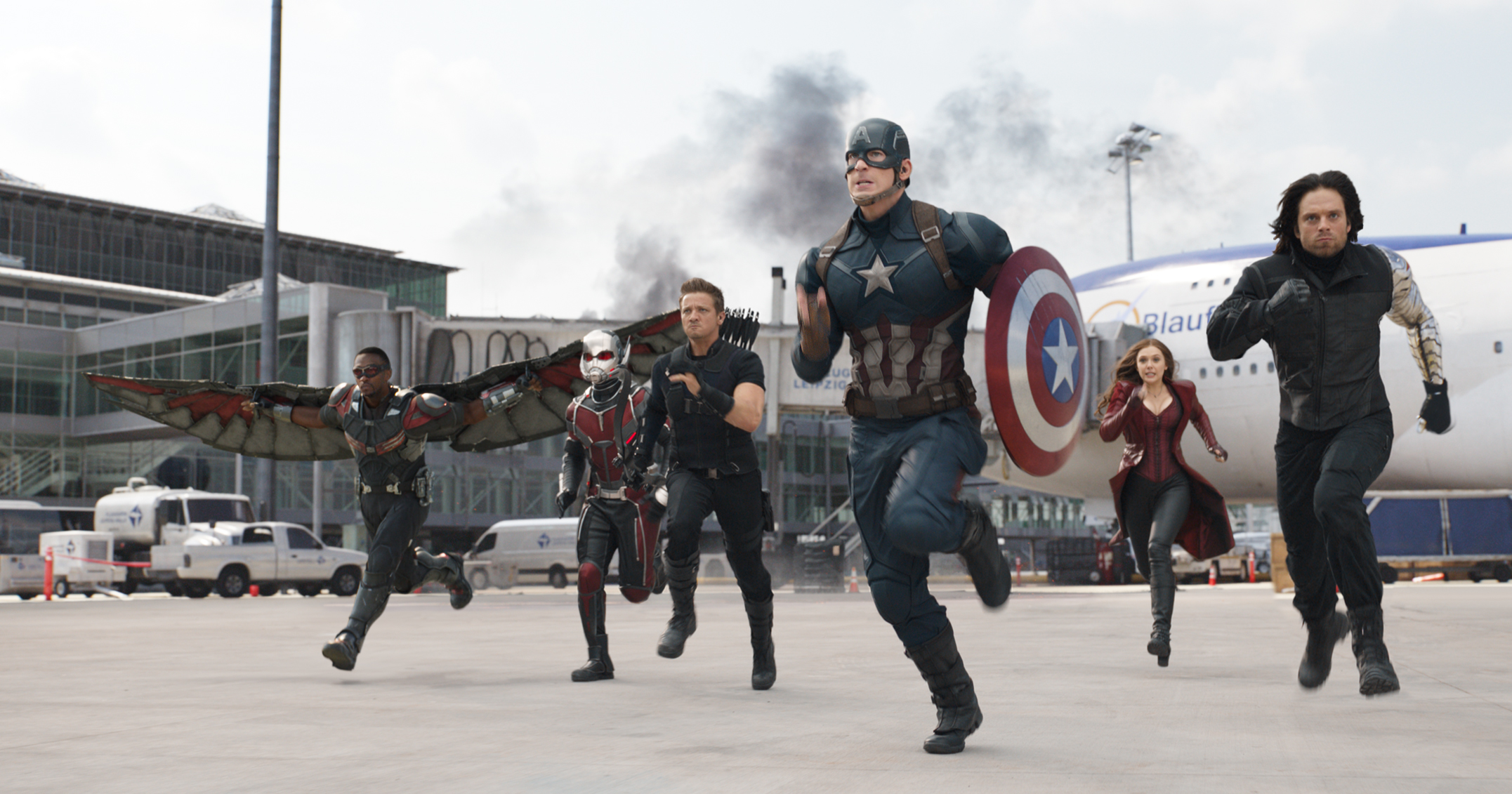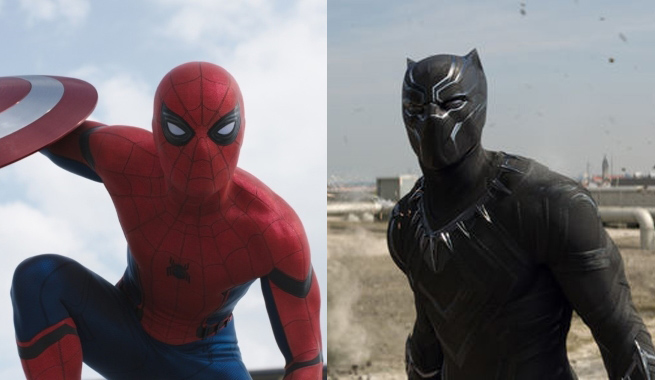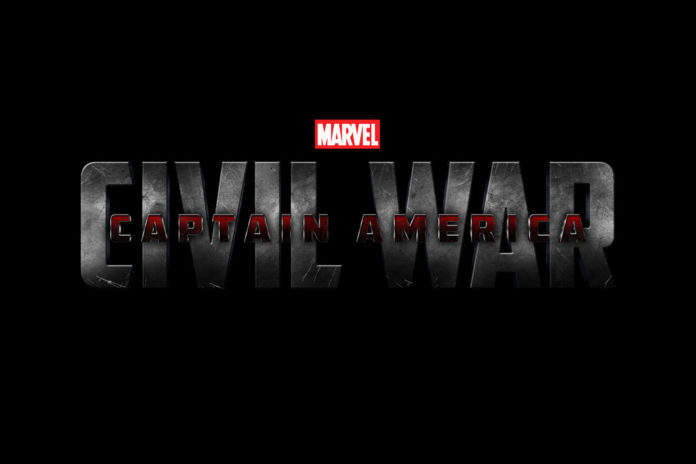Marvel Studios has begun its third phase of films in spectacular fashion with its entry, “Captain America: Civil War.” Since 2008’s “Iron Man,” Marvel Studios has consistently produced good comic book films, but its “Captain America” lineup have always been at the top of the list. This film has the potential to go down as the best.
That’s a bold claim. Most moviegoers who have watched all of the films in the Marvel Cinematic Universe (MCU) would claim that “Captain America: The Winter Soldier” holds that position, and it’s a hard position to beat. I am also of that opinion but if Marvel has put out a film to contend with the prowess of “The Winter Soldier,” then “Captain America: Civil War” is most definitely its sequel.
What’s important to note in understanding this review is that “Captain America” films tie much more closely to Marvel’s “Avengers” films than any of their other entries. As I see it, “Captain America: The First Avenger” serves as a direct prequel to “The Avengers.” “The Winter Soldier” serves as a sequel to “The Avengers,” and “Civil War” plays as a sequel to “Avengers: Age of Ultron.”
The reason that’s important is because the Captain America films are forced to do more than any other film. “The Winter Soldier” and “Civil War” are forced to be sequels of their own series, while continuing the narrative development of the entire MCU. Thus, the “Captain America” films are the most complex Marvel Studios produce, and all three of them have been good, and the last two are masterful.
The story ends a few months after the events of “Avengers: Age of Ultron,” and the government has intervened in the practices of the Avengers team. Secretary of State Thaddeus “Thunderbolt” Ross (William Hurt) explains to the Avengers team that the nearly catastrophic events that have been taking place since the formation of the Avengers team have turned the worldwide favorability of the Avengers negative.
Ross explains that the U.N. has decided to create the so-called Sokovia Accords, which would put the Avengers team under international jurisdiction and oversight. Those who do not want to sign the Accords are to retire or face imprisonment if they continue to fight crime unregulated.
This situation pits Iron Man/Tony Stark (Robert Downey Jr.) and Captain America/ Steve Rogers (Chris Evans) against each other in an ideological battle, with Stark believing oversight is good and will help limit the overall negative impact that the team has had in the past, while Rogers believes that being told when and if to intervene will cost more lives in the end.
Rogers also has more reason to be wary as the last government organization he worked for, SHIELD, was infiltrated by the villainous coalition known as HYDRA. While these discussions are taking place, Captain America’s close friend, Bucky Barnes/ Winter Soldier (Sebastian Stan), has been linked to the assassinations of prominent government officials.
This officially pits Iron Man against Captain America, and the Captain decides to assemble a team to track down Bucky but do so without the regulatory hand of the government. Iron Man, who is pro regulation, is then forced to assemble his own team to take down Bucky, Cap and Cap’s team.
Just to set the stage, Iron Man’s team consists of Vision (Paul Bettany), Black Widow (Scarlett Johansson), War Machine (Don Cheadle) and newcomers Black Panther (Chadwick Boseman) and Spider-Man (Tom Holland). Team Captain America includes Falcon (Anthony Mackie), Scarlet Witch (Elizabeth Olsen), Ant-Man (Paul Rudd), Hawkeye (Jeremy Renner) and the Winter Soldier.

What follows is the best spy thriller/action ensemble ever made. The directors, Joe and Anthony Russo, play with the two genres to create a film that never seems to slow down. From beginning to end, “Captain America: Civil War” gives the audience pieces of a puzzle to solve, and just when the audience thinks they’re ready to put them together, the film slaps them with action scenes that has the audience balancing on the last fibers at the edge of their seats.
The film has something to say that is in line with its predecessor, “The Winter Soldier,” but something that many comic book films fail to do. Continuing the political debate of security versus freedom that “The Winter Soldier” started, “Civil War” adds to the debate by forcing us to also contend with safety and whether or not regulation is good.
The film succeeds in the political underpinnings it presents to us, and ultimately it forces the audience to choose a side: Team Cap or Team Iron Man. The film doesn’t really want to force the viewers to root for one or the other. It wants the audience to choose based upon our own political, social and philosophical leanings. It wants us to use our own moral compass.
The characters, though many, are each intricately woven into the story. They all add a specific ingredient to the formula of this film. From Rudd’s comedic performance as Ant-Man to the philosophical inquisitiveness of Bettany’s Vision, each character was written with care, concern and purpose.
The fight choreography is just as well performed as its predecessor, “The Winter Soldier.” The individual fight scenes are performed with grit and intensity, with each character’s abilities highlighted and distinct from the others’. On top of individual fight scenes, “Civil War” also presents the best superhero fight scene in any comic book film period.
Like a comic book splash page come to life, what will go down as “the airport scene” among fans brings out the inner giddiness of adult and child alike. A smorgasbord of fighting styles, shapes, sizes and speeds, the airport scene left me amazed, stunned, happy and laughing throughout. The fight brings intensity and levity and simultaneously balances the advancement of the plot and provides pure action and fun.
The end of the film leaves the audiences impatiently awaiting the next installment of Marvel’s “The Avengers,” and since the Russo Brothers will be taking over directing duties for the next two Avengers films, I believe that they may end up being the best Avengers films by a long mile.
To touch on a few details: the performances in this film were top notch. An incredibly dynamic range of acting talent was sewn into this film, but the two newcomers, Black Panther and Spider-Man, stole the show. Boseman’s Black Panther carries himself with regality, stoicism and at times emotion that really carry the heart of the film, while Holland’s Spider-Man provides the joy, wonder and naivete of youth. Younger audiences will relate to his charm and humor and prove Marvel’s deal with Sony to bring Spider-Man to the MCU was brilliant because the character was presented wonderfully and faithfully.

The only negative criticism I have of the film is that a narrative with the character Crossbones (Frank Grillo) was carried over from “The Winter Soldier” and I was a little upset that they didn’t allow that arc to grow all that much. It seemed a shame that the arc was cut short and the character didn’t get the buildup I believe he deserved. That said, it didn’t hurt the story in any substantive way.
Finally, “Civil War” may be the best film in the Marvel Cinematic Universe. As of now, it is definitely top two in my opinion. It is a smart film that reflects many of the concerns and debates that we have in our real lives with respect to politics and government. It has emotion, humor, thrills and a story that consistently provides amazement from the first to last frame.
I give “Captain America: Civil War” 9.5 out of 10
















